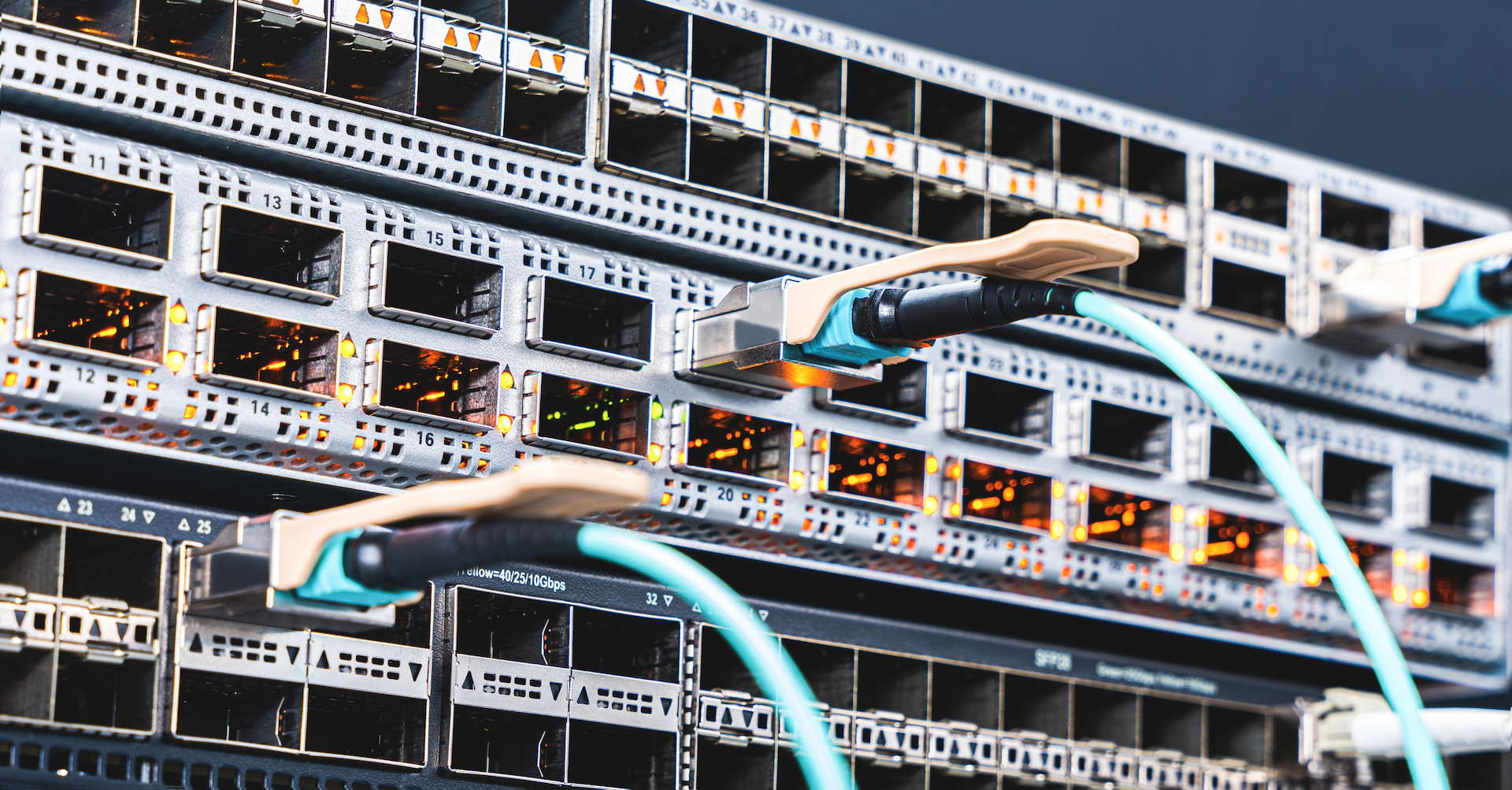Introduction
Docker is great tool to management linux containers. It brings DevOps to next level, from development to production environment. And of course, before deploy anything to production, software should be tested carefully and automatically.
That's why Drone, a new lightweight CI server built-on top Go lang and Docker, will help us to resolve the testing problems in simple and fast way.
Setup
This guide will assume you already have Docker and Docker Compose tool. And of course, root permission ;)
Step 1 : Clone my example docker-compose here : https://github.com/khanhicetea/drone-ci
$ git clone https://github.com/khanhicetea/drone-ci
$ cd drone-ci
$ cp .env.example .envStep 2 : Update your setting in .env file
Step 3 : Run drone via docker-compose
$ source .env
$ sudo docker-compose up -dStep 4 : Go to your Drone url (remember use https url), then authorize with Github provider.
Usage
In example repo, I created a sample .drone.sample.yml file so you can follow the structure to create own file.
I will explain some basics here
clone:
git:
image: plugins/git
depth: 5
pipeline:
phpunit:
image: php:7
commands:
- /bin/sh conflict_detector.sh
- /bin/sh phplinter.sh app lib test
- composer install -q --prefer-dist
- test/db/import testdatabase root passwd testdb test.sql
- php -d memory_limit=256M vendor/bin/phpunit --no-coverage --colors=never
notify:
image: plugins/slack
webhook: [your_slack_webhook_url]
channel: deployment
username: DroneCI
when:
status: success
notify-bug:
image: plugins/slack
webhook: [your_slack_webhook_url]
channel: bugs
username: DroneCI
when:
status: failure
branch: production
services:
testdatabase:
image: mysql:5.7
detach: true
environment:
- MYSQL_DATABASE=testdb
- MYSQL_ROOT_PASSWORD=passwdThis file consists 3 sections :
- clone : To clone the source code and prepare for
pipelinestep. This section will be run first - services : Declare your docker services (databases, ip server) which source code connect to. This section will be run at sametime with
pipeline(afterclone) - pipeline : Testing pipe, where you put testing logic here.
In this pipeline, I made a example PHP testing through these steps :
- Check conflicts in code (grep for
>>>> HEADstring) - Run PHP linter in application codes
- Run Composer to install all dependencies
- Import testing database to mysql services (using
testdatabasehostname to connect service) - Run testing script via
phpunittool
Then, notify testing result via Slack channel ! ;)
A picture is worth a thousand words

Lets automate all the things !

